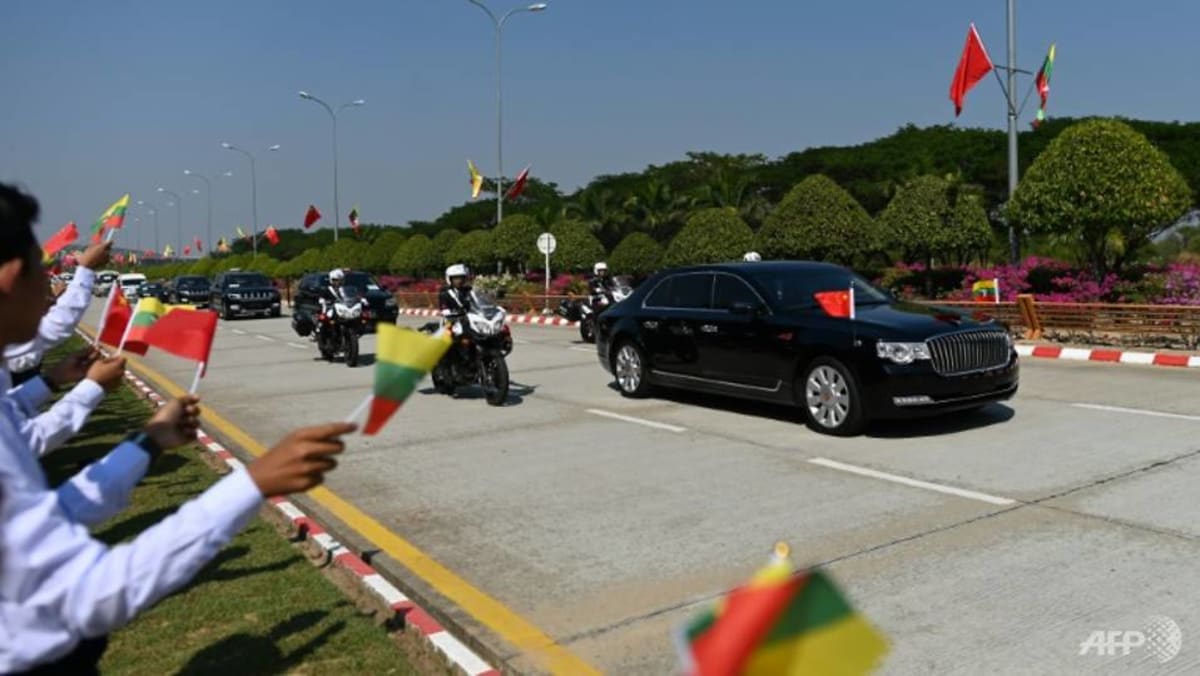Commentary Chinas foreign aid has ulterior motives but provides critical help to poorer nations

The mode of Chinese aid delivery also is unusual. China typically provides development finance in the form of loans, at either highly subsidised or market interest rates, for large infrastructure projects.
The contracts generally stipulate that the recipient country must spend a large share of the money with a given Chinese firm, which provides all materials and labour needed to complete the project.
Not surprisingly, recipient countries worry about their growing debt to China. Meanwhile, critics contend, the benefits of Chinese aid are unclear.
Importing Chinese workers to realise projects may limit capacity-building within recipient countries, and even put downward pressure on the wages of local workers.
But recent studies show that while there is some truth in these concerns, appearances can be deceiving. To be sure, political motives do underpin Chinese overseas aid, but they relate more to easing domestic problems than to achieving foreign domination.
POLITICAL MOTIVATIONOne recent study documents how the Chinese government's desire to quell political unrest at home drives a large proportion of the country's overseas aid.
For example, when Chinese workers protest, the central government often allocates foreign-aid contracts to large state-owned firms in the area.
These companies then hire additional employees and send labour and materials to recipient countries for several years to build roads, ports, or cell-phone towers.
Politically, therefore, aid is a win-win for China. Aid money helps to reduce domestic unemployment, which presumably eases social tensions and the recipient country is grateful for the financial assistance.
0 Response to "Commentary Chinas foreign aid has ulterior motives but provides critical help to poorer nations"
Post a Comment